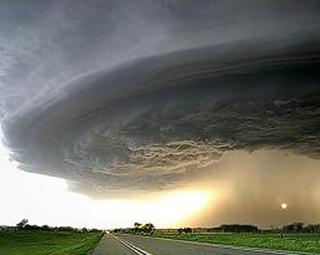I’m not making it up:
Taiwan plans to apply for World Heritage status for the complex Chinese characters that China stopped using after 1949 but Taiwan continues to use today, President Ma Ying-jeou said Saturday. “In order to preserve the world’s oldest and most beautiful language, I have entrusted minister without portfolio Ovid Tzeng to prepare for making the application,” he told an international seminar on teaching Chinese, held in Taipei.
Ma said he has asked Tseng to “actively apply” for world heritage status for complex Chinese characters, but did not say when Taipei will make the application.
Ma reiterated his appeal to China that the Chinese mainland, while using the simplified Chinese characters, should still let people know how to read the complex characters.
And from the AFP yesterday:
Ma said he was afraid that the traditional system, which he said was a “beautiful language” that has documented China’s history for more than 3,000 years, was giving way to the simplified one.
“Only about 40 million people in the world, mostly in Taiwan, Hong Kong, and Macau are using traditional Chinese characters,” Ma said while addressing hundreds of Chinese-language experts at a seminar in Taipei Saturday, according to a statement published on the presidential office website.
“The number accounts for a marginal one-33rd of the people using the simplified system,” he added.
Ma said he had ordered the government to set up a special committee tasked with pressing the UN to place the traditional Chinese characters on its world cultural heritage list.
I’ve heard all the arguments about why each system is better, and even heard arguments for the abolition of both in favor of pinyin. (This site has some interesting thoughts on the subject.) All I can do is speak for myself. I started learning traditional characters in Taiwan and after a year switched to simplified when I moved to the motherland at the end of 2006. The verdict: simplified characters are a hell of a lot easier to memorize, and traditional are undoubtedly more like works of art. Easier doesn’t mean better. Esperanto is probably a lot simpler to learn than English, but I want to read Shakespeare and Milton and Dan Brown in their native language.
No matter which you feel is better, is Ma’s approach a sensible one? It almost has the makings of a publicity stunt. What will World Heritage status actually mean for traditional Chinese?
Thanks to the reader who sent me this story and links. It’s a strange one.

Comments